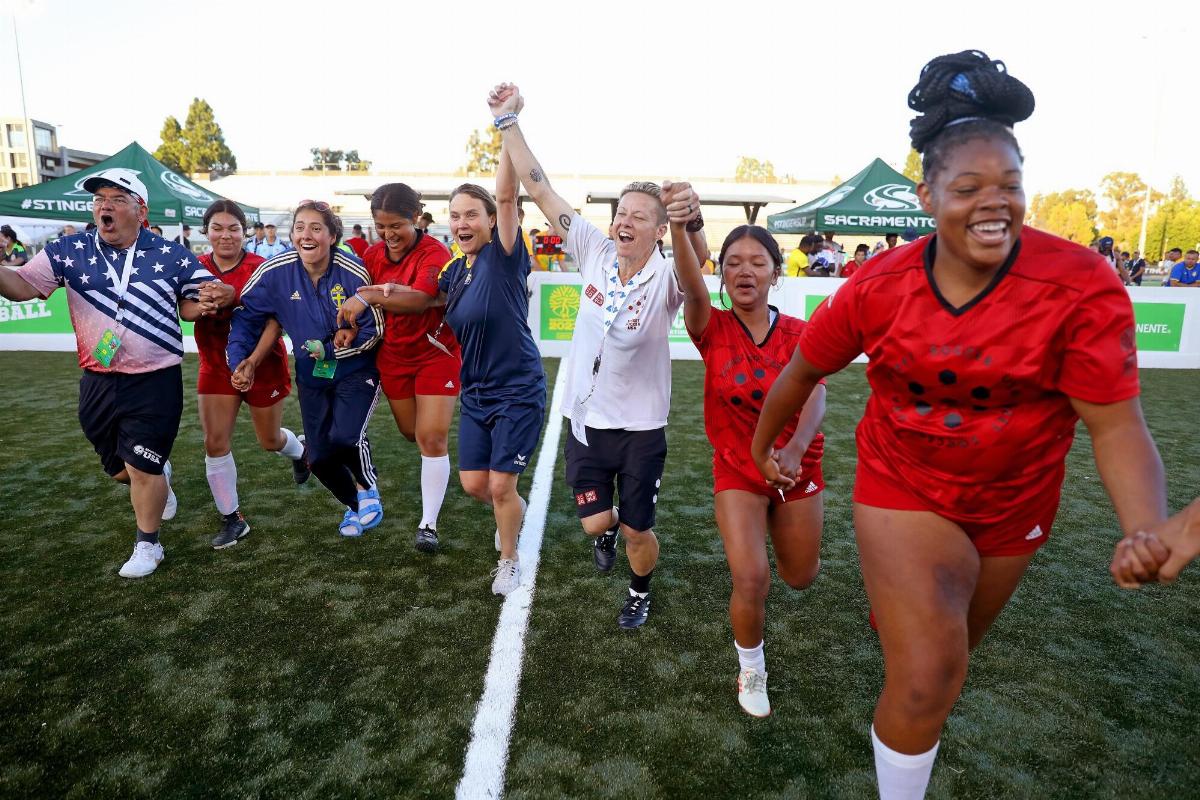
Homeless world cup set to showcase teams from around the globe in South Korea
National football teams composed of homeless individuals from around the world are preparing to gather in South Korea for the upcoming Homeless World Cup. This tournament represents a significant opportunity for many players, as the stakes extend beyond the competition for a trophy.
In London, a team is training at Powerleague football pitches in Shoreditch, where the local context reveals the realities of street homelessness. Among the players is Mikiale Tsegay, a refugee from Ethiopia who joined the England team through the Street Soccer Foundation, a charity that supports homeless individuals via football. Tsegay fled Ethiopia in 2021 due to a civil war that resulted in significant loss of life. He recalls the difficulties of his past, stating, "I didn't know where my family were, alive or dead."
Upon arriving in the UK, Tsegay faced challenges with his asylum application and lived in temporary accommodations that lacked basic amenities. His experiences highlight the broader issue of homelessness in the UK, where approximately 309,000 individuals were reported homeless last Christmas, according to housing charity Shelter.
Craig McManus, the manager of the England team, has his own journey of overcoming homelessness. After experiencing personal loss and addiction issues in 2015, McManus found support through the Street Soccer program. He credits the Homeless World Cup, held in Glasgow in 2016, as a transformative experience that allowed him to regain a sense of self-worth. Now, he aims to provide a supportive environment for players, encouraging trust and empowerment.
The upcoming Homeless World Cup, scheduled for September 21-28 in Seoul, South Korea, marks a historic event as it will be the first edition of the tournament held in Asia. Featuring 56 teams from 44 nations and around 450 players, the competition aims to promote social inclusion and raise awareness of homelessness.
Tsegay expresses hopes for the tournament, stating, "We want to go there and show ourselves that you can play in any clubs." He is determined to honor the memory of his late brother, who encouraged him to pursue football. The tournament serves as a platform for players to demonstrate resilience and ambition, emphasizing the potential for change through sport.







